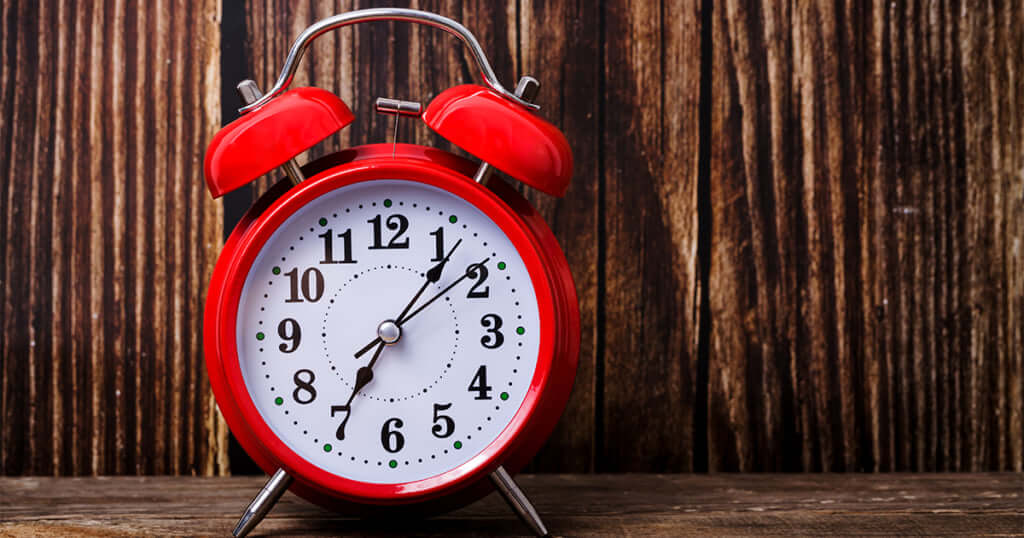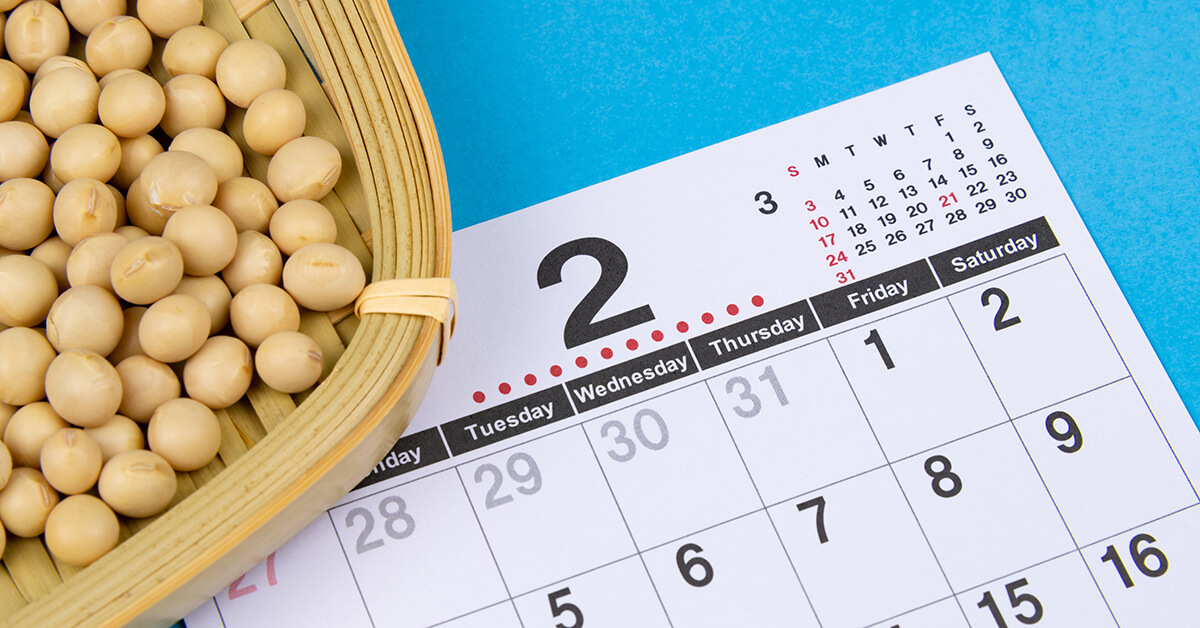
Let’s learn how to tell time in Japanese today. Knowing how to tell time increases your language proficiency and survival skills in Japan as you can ask time and understand train and bus schedule announcements.
Vocabulary (~ o’clock)
Here’s how to tell time.
Number + ji じ=~ o’clock
We have learned how to say numbers here. Basically, to say “~ o’clock”, we add “ji” to numbers. However, you need to pay attention to the pronunciation of four, seven and nine o’clock. See the table below.
| o’clock | Reading | Kanji | |
| 1 | いちじ | ichiji | 一時 |
| 2 | にじ | niji | 二時 |
| 3 | さんじ | sanji | 三時 |
| 4 | よじ ×よんじ・×しじ |
yoji yonji,shiji |
四時 |
| 5 | ごじ | goji | 五時 |
| 6 | ろくじ | rokuji | 六時 |
| 7 | しちじ ×ななじ |
shichiji nanaji |
七時 |
| 8 | はちじ | hachiji | 八時 |
| 9 | くじ ×きゅうじ |
kuji kyuuji |
九時 |
| 10 | じゅうじ | jyuuji | 十時 |
| 11 | じゅういちじ | jyuuichiji | 十一時 |
| 12 | じゅうにじ | jyuuniji | 十二時 |
| ? | なんじ | nanji | 何時 |
A.M. is “ごぜん(午前) gozen” and P.M. is “ごご(午後) gogo”. Both are placed in front of the number.
E.g.:
Gozen shichi ji 午前7時 = 7a.m
Gogo ku ji 午後9時 = 9p.m
Take note that it is not a must to use “gozen” or “gogo” when telling time in Japanese. Many people simply just say “ni ji” or “ku ji”. To emphasize whether it is a.m. or p.m., many people also say “朝7時 asa shichiji” (morning 7 o’clock) or “夜9時 yoru kuji” (night 9 o’clock).
The 24-hour time is also widely used in Japan in the transportation, broadcasting, press, and healthcare sectors where misunderstanding of the time may lead to accidents or incidents.
To prevent misunderstanding in daily conversation, people sometimes say “明日19時に駅前集合 ashita juukuji ni ekimae shuugoo” (meet in front of the station at 19 o’clock).
Practice
Let’s practice the following on your own.
- Repeat 1 to 12 o’clock five times.
- Repeat 12 to 1 o’clock five times.
- Say the following times.
①1 o’clock ②7 o’clock ③4 o’clock ④9 o’clock ⑤12 o’clock ⑥3 o’clock - Say the following times.
①5pm ②10am ③2pm ④6am ⑤9pm ⑥11am
| English meaning | o’clock | Reading | Kanji | |
| 13 | 1pm | じゅうさんじ | jyuusanji | 十三時 |
| 14 | 2pm | じゅうよじ ×じゅうよんじ ×じゅうしじ |
jyuuyoji jyuuyonji jyuushiji |
十四時 |
| 15 | 3pm | じゅうごじ | jyuugoji | 十五時 |
| 16 | 4pm | じゅうろくじ | jyuurokuji | 十六時 |
| 17 | 5pm | じゅうしちじ ×じゅうななじ |
jyuushichiji jyuunanaji |
十七時 |
| 18 | 6pm | じゅうはちじ | jyuuhachiji | 十八時 |
| 19 | 7pm | じゅうくじ ×じゅうきゅうじ |
jjyuukuji jyuukyuuji |
十九時 |
| 20 | 8pm | にじゅうじ | nijyuuji | 二十時 |
| 21 | 9pm | にじゅういちじ | nijyuuichiji | 二十一時 |
| 22 | 10pm | にじゅうにじ | nijyuuniji | 二十二時 |
| 23 | 11pm | にじゅうさんじ | nijyuusanji | 二十三時 |
| 24 | 12midnight | にじゅうよじ ×にじゅうよんじ ×にじゅうしじ |
nijyuuyoji nijyuuyonji nijyuushiji |
二十四時 |
| 0 | 12midnight | れいじ ×ゼロじ |
reeji zeroji |
零時 |
If you wish to know the time in 12-hour format when it is displayed in the 24-hour format, you can calculate it using the following:
E.g.)
Q:What time is 22 o’clock in the afternoon?
22 o’clock – 12 o’clock = 10 o’clock (or 10 p.m.)
On the other hand, if you wish to know the time in 24-hour format when it is displayed in the 12-hour format, you can calculate it using the following:
E.g.)
Q:What time is 10 p.m. in the 24-hour format?
10 o’clock + 12 o’clock = 22 o’clock
Practice
Let’s practice the following on your own.
- Repeat 0 o’clock to 24 o’clock five times.
- Repeat 24 o’clock to 0 o’clock five times.
- Say the following times.
①14 o’clock ②17 o’clock ③24 o’clock ④19 o’clock ⑤22 o’clock ⑥18 o’clock - Say the following times in the 24-hour format.
①5pm ②6pm ③1pm ④4pm ⑤11pm ⑥3pm
Vocabulary (minutes)
“Minutes” in Japanese is “ふん fun” or “ぷん pun”.
The pronunciation changes according to the number in front. To make it easier to pronounce, part of the sound of the vocabulary changes to a different sound. This is called a euphonic change.
There are many such euphonic changes when saying “minutes” in Japanese. Beginner learners usually find this a troublesome aspect of learning Japanese.
| minutes | Reading | Kanji | |
| 1 | いっぷん | ippun | 一分 |
| 2 | にふん | nifun | 二分 |
| 3 | さんぷん | sanpun | 三分 |
| 4 | よんぷん | yonpun | 四分 |
| 5 | ごふん | gofun | 五分 |
| 6 | ろっぷん | roppun | 六分 |
| 7 | ななふん、しちふん | nanafun | 七分 |
| 8 | はっぷん | happun | 八分 |
| 9 | きゅうふん | kyuufun | 九分 |
| 10 | じゅっぷん じっぷん |
jyuppun, jippun | 十分 |
| 15 | じゅうごふん | jyuugofun | 十五分 |
| 30 | さんじゅっぷん さんじっぷん はん |
sanjyuppun, sanjippun, han |
三十分 |
| ? | なんぷん | nanpun | 何分 |
If you have difficulties remembering all, just remember “ごふん gofun” (5 minutes), “じゅっぷん juppun” (10 minutes) and “はん han” (30 minutes) as they appear most frequently.
Practice
Let’s practice the following on your own.
- Say the following times.
①5 minutes ②15 minutes ③25 minutes ④35 minutes ⑤45 minutes
⑥5 5minutes ⑦10 minutes ⑧20 minutes ⑨30 minutes ➉40 minutes
⑪50 minutes - Say the three ways of pronouncing 30 minutes
- Repeat 1 to 10 minutes five times.
- Repeat 10 to 1 minutes five times.
- Say the following times.
①1:10 ②7:30pm ③4:40am ④9:15 ⑤22:35 ⑥19:23 ⑦20:03 ⑧21:04
⑨2:04am ➉5:09 ⑪8:08 ⑫15:16
How to say “what time is it now?”?
As shown above, “what time” is “nanji” in Japanese. Let’s make an interrogative sentence with “nanji”.
Q:今(いま)、何時(なんじ)ですか。
Imananjidesuka.
What time is it now?
A:今(いま)、7時(じ)です。
Imashichijidesu.
It’s 7 o’clock now.
To make an interrogative sentence in Japanese, add “です desu” (a Be verb in Japanese) after the interrogative and “か ka” (a particle indicating a question)at the end. To see how to make other interrogative sentences, check this out.
Adverbs and other words are added in front.
Let’s look at an example of a conversation.
Mr. S from Singapore and Mr. J from Japan are having a Zoom meeting online.
J:今(いま)、シンガポールは何時(なんじ)ですか。
Ima Singapore wa nanjidesuka.
What time is it now in Singapore?
S:今(いま)、7時(じ)です。
Imashichijidesu.
It’s 7 o’clock now.
日本(にほん)は、今(いま)何時(なんじ)ですか。
Nihon wa ima nanjidesuka.
What time is it in Japan?
J:今(いま)、8時(じ)です。
Imahachijidesu.
It’s 8 o’clock now.
How to say “Fromwhat time to what time is the supermarket open?”?
Q:スーパーは、何時(なんじ)から何時(なんじ)までですか。
Suupaawa nanjikara nanjimadedesuka.
Fromwhat time to what time is the supermarket open?
A:10時(じ)から21時(じ)までです。
Jyuujikara nijyuuichijimadedesu.
It’sfrom 10AM to 9PM.
“から kara” and “まで made” are particles indicating “from”and “till”, respectively. They are placed after the time. If you and interrogatives to these two particles, it means “what time to what time?
Q:スーパーは何時(なんじ)からですか。
Suupaa wananjikaradesuka.
From what time is the supermarket open?
A:10時(じ)からです。
Jyuujikaradesu.
It’s from 10AM.
Q:スーパーは何時(なんじ)までですか。
Suupaa wananjimadedesuka.
To what time is the supermarket open?
A:21時(じ)までです。
Nijyuuichijimadedesu.
It’s until 9PM.
The particles “からkara” and “まで made” can be used for other time expressions and places as well.
月曜日(げつようび)から金曜日(きんようび)まで働(はたら)きます。
Getsuyoobikara kinyoobi made hatarakimasu.
I work from Monday to Friday.
東京(とうきょう)から大阪(おおさか)まで新幹線(しんかんせん)で行(い)きます。
Tookyoo karaOosaka made shinkansen de ikimasu.
I go from Tokyo to Osaka by bullet train.
How did you find it? It is a little complicated to tell time in Japanese as there are many euphonic changes, but you will get used to it with lots of practice.
Do your best!






